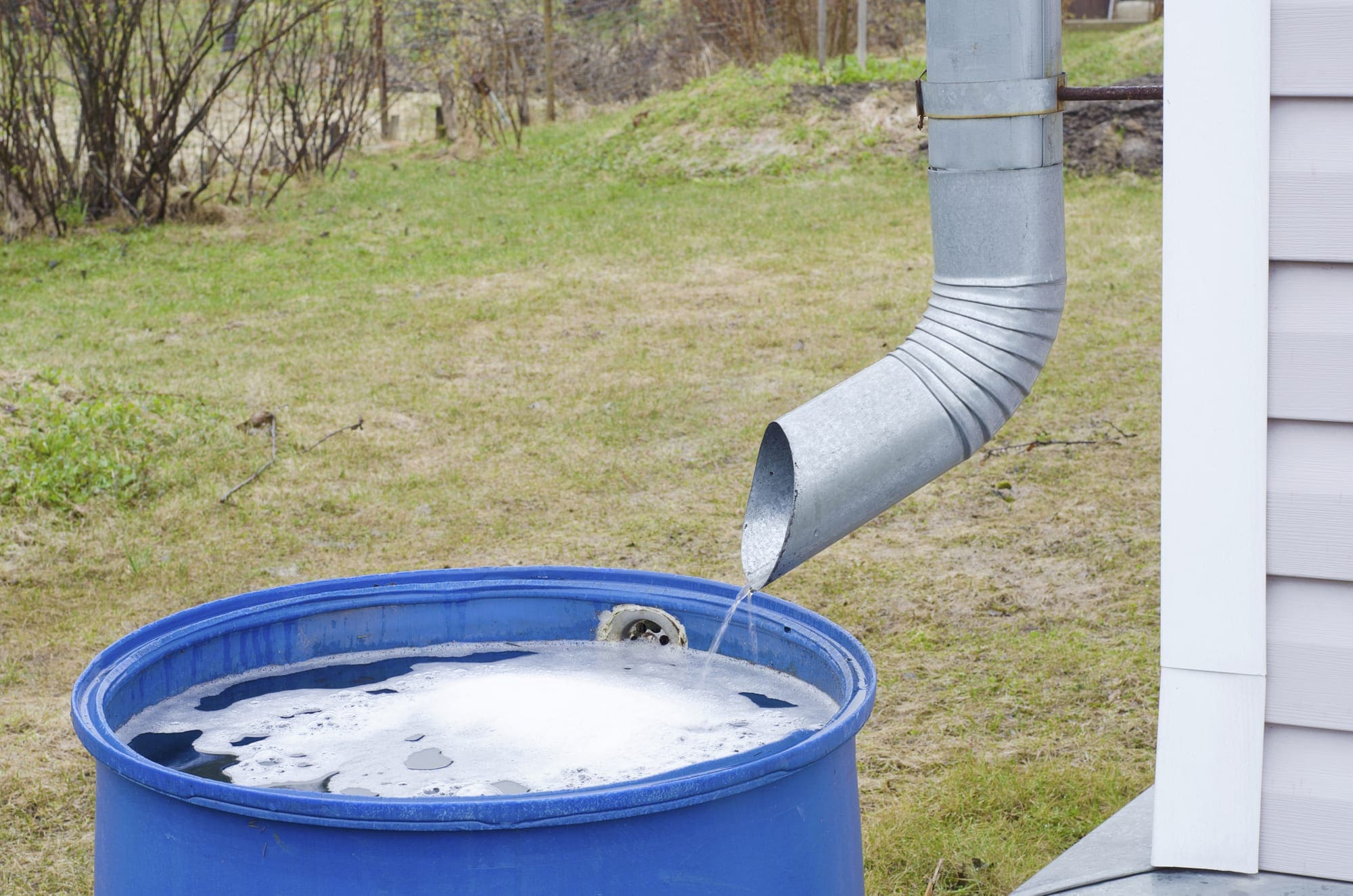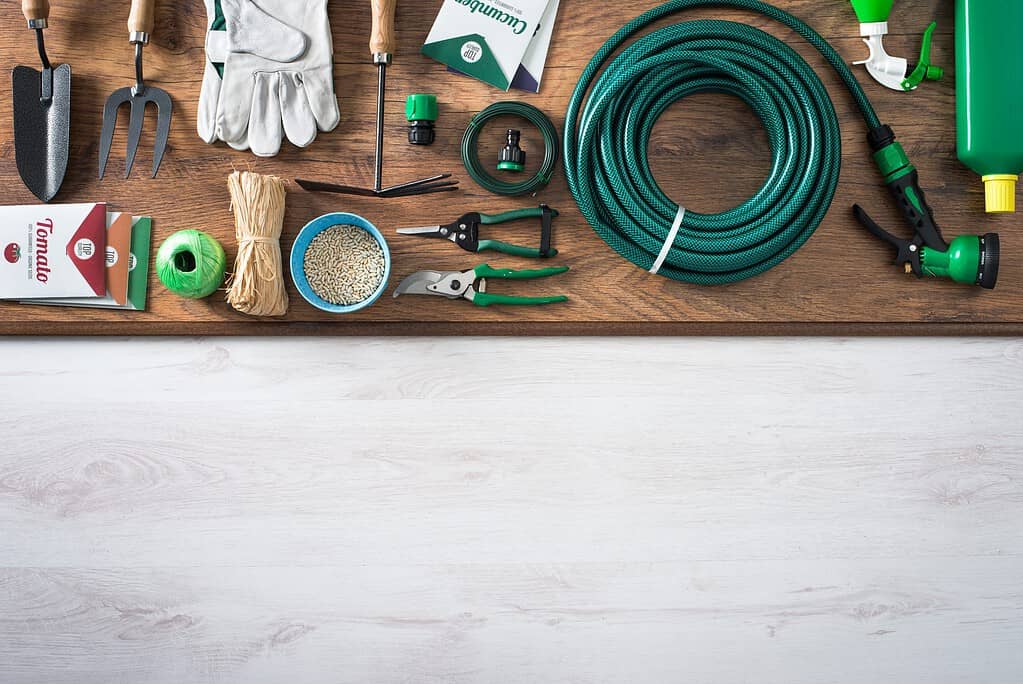
Everything You Need to Know About Harvesting Rainwater
It’s a fact that water ain’t cheap and there’s a reason for that- it’s the most precious resource. People all over the country are taking steps to be more mindful of the water they use and how to conserve responsibly.
If you’re an avid gardener, this is especially crucial as, well, water is an integral part of a flourishing garden.
The practice of harvesting rainwater is beginning to gain traction. It’s a fantastic way to conserve and save money instead of overworking the hose or sprinklers.
In this post, we’ll give you the 101 on everything you need to know. Start that rain dance!
What is rainwater harvesting?
This is the act of collecting and storing rainwater in a personal reservoir for future use in the home and garden. This can be done by incorporating the following systems:
- Rooftop rainwater harvesting : When rainwater drips from the roof and down a system of pipes into a storage unit that can be underground in tanks or even above ground in a barrel or bucket.
Is it safe to harvest rainwater?
Mainly it depends on the materials used to construct your roof and what you will use the water for. If it’s to water trees, shrubs and flowers- go for it. If you plan to use the water for drinking or to water fruits and vegetables that will be eaten, be aware.
Porous asphalt shingles, rolled roofing material and wooden shingles treated with chromated copper arsenate can leave chemical residue in water that is not safe for human consumption. The same goes for water that collects sand, bird excrement and other pollutants.
Filter and purification systems are available if you are worried. There are many systems to choose from, such as floating filters, gutter screens and flush devices.
Is it legal to harvest rainwater?
It depends on the city you live in. Some regions are more arid than other, making the collection of rainwater a controversial subject. Those that oppose it state that the little rainwater the area receives seeps into the water table for public access. Collecting rainwater for personal use impacts the amount that can be shared.
But, many cities are loosening the grip on these thoughts. Your best bet is to check with your local authorities. Some towns actually give out incentives and rebates for installing barrels.
How to harvest rainwater
Check out this step by step video that teaches you how to make your own rain catching system using a barrel.






Emily Bennette
I liked that you pointed out that you will want to double-check that collecting rainwater in your city is legal. I had no idea that you might have an issue with that. It might also be smart to double-check what type of tank you can get on your property. Personally, I would want to get an underground tank.